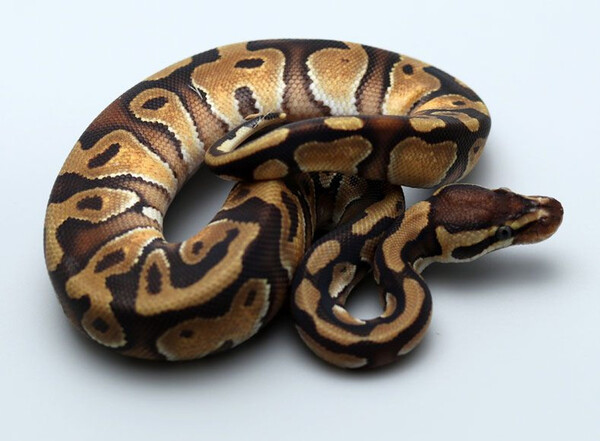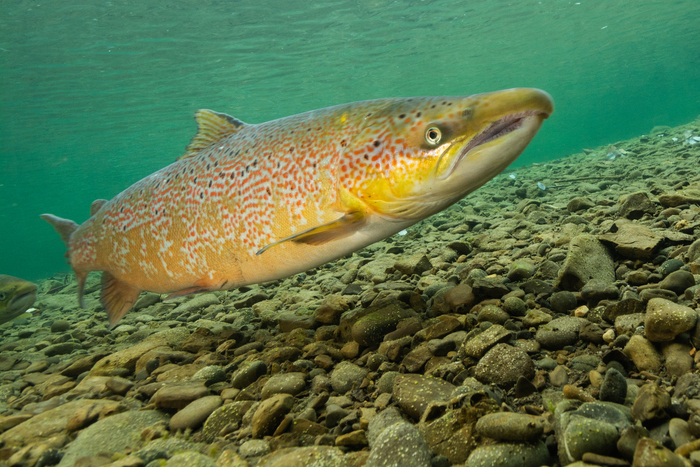In the animal world, whether it is domestic pets or wild animals, security and happiness It is vital to their quality of life. Understanding how to meet animals’ basic needs and enhance their well-being will not only help improve their health and performance, but also build a deeper connection between humans and animals. In this article, we will explore the sources of animals' sense of security and happiness, and share some effective methods to improve their quality of life.
1. What is animal sense of security?
Animal sense of security refers to their feeling relaxed, stress-free, and unthreatened in their living environment. Whether it is pets or wild animals, when they feel safe, they will behave more confidently, naturally, and more easily show the habits unique to their population.
a. Pet Sense of security
Domestic pets (such as cats, dogs, birds, etc.) are highly dependent on their living environment and owners. They need a stable daily routine, a comfortable living environment, and Pets feel safe and secure because of their owners' affection and care. Sudden changes in their environment or the absence of their owners can cause anxiety in pets, which can affect their health and behavior.
b. Wild animals' sense of security
Wild animals' sense of security often depends on their natural environment. Adequate food, opportunities to avoid predators, and suitable habitats all directly affect their sense of security. When natural habitats are destroyed or predators increase, the sense of security of wild animals will be threatened, which may change their behavior patterns, and even affect the survival of the species.
2. Animal well-being: How to measure it?
Animal well-being is a measure of their overall health, mental A combination of state and behavior. Although animals don't express happiness like humans, their behavior and health can reveal their emotional state.
a. Behavior
When animals are happy, they often display relaxed, positive behaviors. For example, dogs wag their tails and run happily, cats purr, and birds sing or flap their wings. If animals are stressed or anxious, they may exhibit aggression, withdrawal, or other unusual behaviors.
b. Health
Health is also a key factor in measuring animal happiness. When animals are in good physiological condition, they are more likely to feel happy. For example, healthy pets will have shiny coats, healthy appetites, and active behavior. If they feel unwell or depressed, their health may be affected, manifesting as weight loss, decreased immunity, and other problems.
3. Factors that influence animal safety and well-being
Animal well-being is influenced by many factors, including environment, diet, social interaction, exercise, and emotions Stimulation. Understanding these factors is critical to improving the quality of life for your animal.
a. Environment
For your pet, providing a clean, comfortable and A hazard-free living environment is very important. For example, cats like to have high places to climb and observe, while dogs need enough space to move around and exercise. For wild animals, protecting their natural habitats and reducing the interference of human activities on the ecological environment are important measures to ensure their sense of security.
b. Social interaction
Many animals are social creatures that need to interact with each other or their owners. For example, dogs are social animals, and prolonged loneliness can lead to anxiety and depression. Similarly, cats, while independent, also need the company and attention of their owners. . For wild animals, proper group behavior and social interaction are essential to their psychological health.
c. Diet and Health
Provide animals with A healthy, balanced diet is key to ensuring their well-being. Malnutrition or an inappropriate diet can lead to health problems that can affect their mood and behavior. Pets need food that is appropriate for their size, age and health, while wild animals rely on Natural food resources in their habitat.
d. Emotional stimulation
Animals, like humans, need psychological stimulation and activity. Providing toys, games, or intellectual challenges can help pets stay active and happy. For wild animals, exploring, foraging, and hunting in their natural environment also have a positive effect on their well-being.
4. How can I improve my pet’s sense of security and well-being?
a. Create a comfortable living environment
It is important to provide a clean, comfortable space for your pet. Regularly cleaning your pet’s nest, giving them enough hiding places, and proper temperature and humidity control can help them feel more relaxed.
b. Establish a stable daily routine
Pets rely heavily on stable living habits. Fixed daily feeding times, walks, and playtime can help pets feel safer.
c. Positive interaction and care
Spend more time interacting with your pets and make them feel cared for. Gentle touches, praise, and positive behavior training can all help enhance their sense of well-being.
d. Provide enough space and toys
Pets need appropriate space and toys to expend energy and stay mentally active. Dogs need daily walks, while cats need climbing frames and interactive toys. Providing them with appropriate activities and stimulation can help them maintain a happy mood.
5. Safety and well-being of wild animals
There are many measures that humans can take to protect the safety and well-being of wild animals. These include protecting their habitats, reducing damage to the wild environment, and setting up nature reserves. At the same time, avoid excessive interference with the natural behavior of wild animals, such as limiting excessive contact with humans and hunting.
Conclusion
The sense of security and happiness of animals is a key component of their overall health, whether pets or wild animals, and needs to be maintained through environment, diet, social interaction and emotional stimulation. As pet owners or animal protectors, we can enhance the happiness and quality of life of animals by providing stable living conditions, positive interactions and appropriate activity space. Understanding these factors not only helps the health of animals, but also allows us to establish a deeper emotional connection with them.









